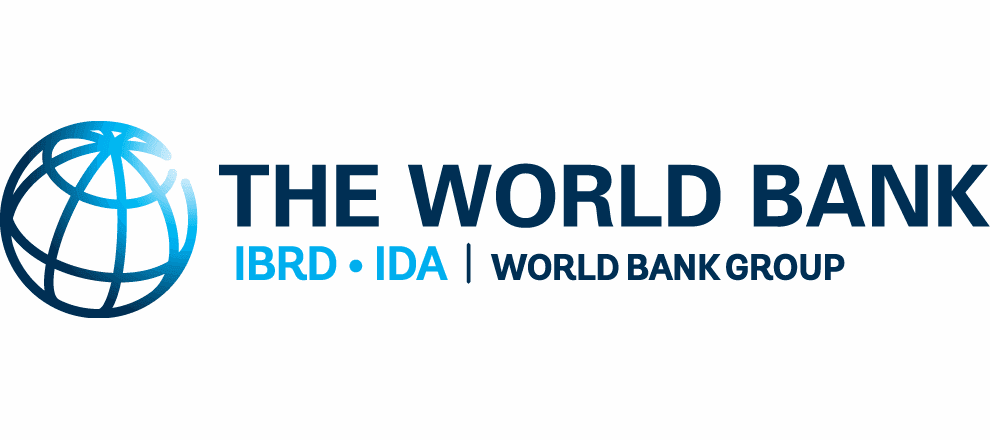World Bank to build on catastrophe insurance solutions such as cat bonds

The World Bank Group said today that it intends to build on its already available catastrophe insurance solutions, such as catastrophe bonds, to make access to disaster risk financing without adding debt a reality for member countries.
In announcing a new and comprehensive toolkit focused on supporting countries after natural disasters, the World Bank highlights cat bonds as an area for development and expansion, as it looks to enable members to access sources of efficient insurance capital for disaster risk transfer and financing purposes.
At the Summit for a New Global Financial Pact today, President of the World Bank Group Ajay Banga highlighted the areas of focus, to enhance counrties crisis preparedness, response, and recovery to disasters.
They include: (1) pausing debt repayments; (2) redirecting financing; (3) linking crisis preparedness and financing; (4); backstopping development projects with private sector support, and (5) building enhanced catastrophe insurance without debt.
On the first tool in the kit, the World Bank Group will launch Climate Resilient Debt Clauses.
These clauses can provide a pause in debt repayments for the most vulnerable countries when a crisis or catastrophe strikes, with the World Bank’s most vulnerable clients set to be the first to benefit.
The second tool will enable countries to have more flexibility in how they use their financing, giving them the ability to quickly redirect a portion of their funds for emergency response.
Third, will see the World Bank helping governments build better emergence response systems and processes, plus providing expertise and analytical support, as well as setting up quick-disbursing finance that can be available in times of crisis.
The fourth initiative will focus on providing new types of insurance products that can be used to backstop development projects, so that work can get back on track quickly.
With this fourth element, the World Bank is already working through its Multilateral Investment Guarantee Agency with the private insurance and reinsurance industry through the Insurance Development Forum to design an innovative parametric insurance product.
While the International Finance Corporation has designed a private sector-led crisis response solution, to help financial institutions address the impact of natural disasters due to climate change.
Finally, the fifth tool in the kit is where catastrophe bonds come into play.
The World Bank aims to build enhanced catastrophe insurance products that can provide resources without adding to countries debt burdens.
“The World Bank Group will build on its catastrophe insurance solutions such as Cat Bonds and give all countries the option of embedding catastrophe insurance into lending products,” it explains.
Adding that, for affordability reasons, “We will work with donors to make these products affordable for lower-income countries, including funds that can buy down insurance premiums. This will develop enhanced catastrophe insurance products that can provide resources for disaster-struck countries without adding to their debt.”
These measures are expected to make billions of dollars available for crisis response, after disasters strike.
The moves to build on catastrophe bonds could be significant, as could be how the cat bond structure can be relevane to the fourth initiative as well, particularly in the form of the resilience bond, given the development project focus of that tool.
Also of note is the fact the World Bank wants to make catastrophe insurance more accessible, through establishing funds for premiums.
The cost of catastrophe bonds has held back their use in sovereign risk transfer circles at times, so any support for member countries on premium funding could help to increase the uptake of cat bonds for disaster risk financing with the World Bank’s support.
The World Bank is a significant facilitator for access to the capital markets for disaster insurance, through issuance of catastrophe bonds and these measures could make its work even more significant in the ILS market, while making cat bond and similar coverage more available to its member countries.
Michael Bennett, Head of Derivatives & Structured Finance at the World Bank Treasury is a speaker at our upcoming ILS Asia 2023 conference in Singapore on July 13th. Register here to join us.






